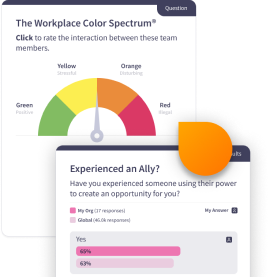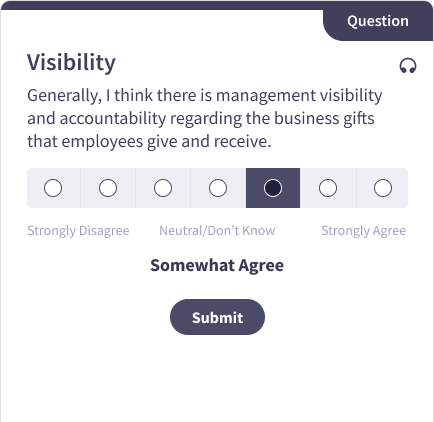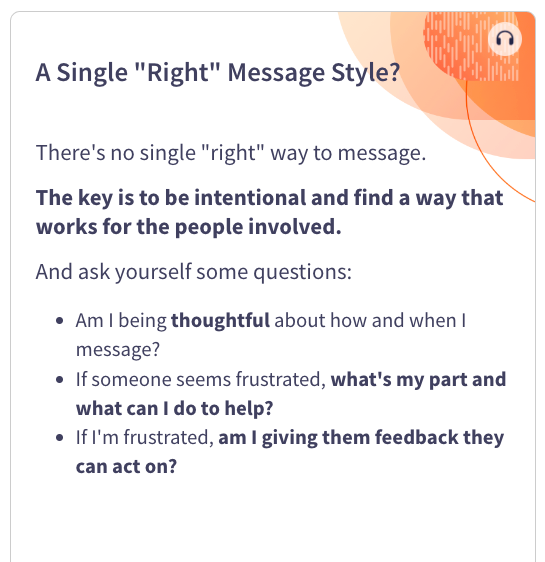
Honoring Progress, Resilience, and Contributions
Labor has been a defining element of Black history and culture, from the forced labor of enslaved Africans to the entrepreneurial spirit and organized labor movements that followed. These contributions have shaped industries, communities, and the broader American story. By honoring this legacy, we can commit to fostering fairness in hiring, providing growth opportunities, and creating inclusive workplace cultures that reflect the strength of diversity.
Microlesson Description
This lesson, inspired by the 2025 Black History Month theme of "African Americans and Labor," invites us to reflect on how work has intersected with Black experiences, driving progress and resilience across the US.
By honoring this legacy, we can commit to fostering fairness in hiring, providing growth opportunities, and creating inclusive workplace cultures that reflect the strength of diversity.
Key Concepts
- The pivotal role of labor in shaping Black history and culture.
- Insights into Black life through the lens of work, activism, and community-building.
- The importance of equity, inclusion, and respect in honoring the legacy of Black labor.
Microlesson Features
- Employee sentiment pulsing questions that provide leaders with insights into their workforce's core cultural competencies
- Emtrain's Expert Answers tool, enabling employeees to submit anonymous questions about sensitive issues.
- Rich, contemporary video scences illustrating key concepts through realistic scenarios
- A data driven, skill-based approach to eLearning that establishes a shared language for employees.

Related Resources
Related Trainings
Frequently Asked Questions
Below are answers to common questions that employees and managers have about this topic. These FAQs provide a preview of what you’ll learn in this microlesson and why it matters.




